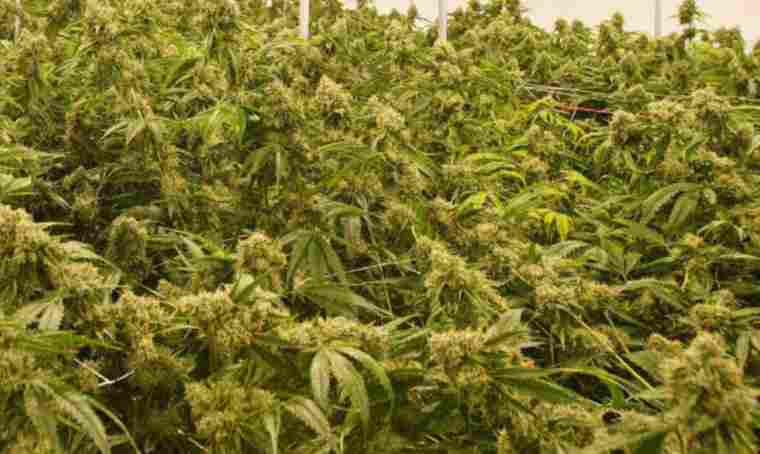The House of Representatives has concluded plans to legalise the planting of Cannabis sativa in the country.
Consequently, the House also concluded an arrangement to organise a two-day stakeholders roundtable on the benefits of industrial hemp.
The spokesman of the lower chamber of the National Assembly, Benjamin Okezie Kalu, disclosed this on Monday in Akure, Ondo State while briefing Journalists on the proposed parley.
He said the stakeholders’ forum, which would attract participants from among scientists, medical and pharmaceutical professionals, farmers, insurance companies, executives, and private sector investors, has been slated for June 7 and 8, 2021.
Delivering his statement virtually, Kalu explained that countries such as South Africa and others are currently reaping high revenue from cannabis, which they export to other countries.
According to him, “Nigeria has been described as oil-dependent and not oil-rich. It is a worrying reality that we have not optimised the financial stability advantage that our oil reserves can provide us to diversify our collective investment and revenue sources.
“The coronavirus pandemic exposed our weaknesses when global oil prices plummeted by as much as 15 percent even falling below $0 a barrel on 20 April 2020.
“Indeed, our economy is still recovering from that shock. However, as the world increasingly shifts towards renewable energy and climate-friendly energy sources, global oil demand will further drop.”
Kalu said; “Agriculture has always been a major strength of Nigeria and cannabis provides interesting prospects. Industrial hemp is a variety of the Cannabis sativa plant species that is grown specifically for industrial use.
“Once harvested, the crop has a high yield of edible proteins and fibres with more than 50,000 product applications ranging from papermaking, textiles, biodegradable plastics, fuel, construction, healthy food, beverages, personal care products, and pharmaceuticals.
“According to verified market research, the Global Industrial Hemp Market was valued at USD 5 Billion in 2019 and is projected to reach USD 36 Billion by 2026, growing at a CAGR of 34 percent from 2019 to 2026.
“According to the consultancy firm Prohibition Partners, by 2023, the value of Africa’s legal cannabis market could be worth over USD 7.1 billion.”
ALSO READ: Jonathan faults Southern, Northern Governors separate meetings
He explained further that “for this to happen, a candid discourse must be held by all stakeholders on the modalities for legalization, licensing, and regulation of the industry.
“I hope that the two-day stakeholder’s roundtable discussion on the benefits and opportunities of Cannabis Plant and CBD Oil in Nigeria, scheduled to hold on Monday 7 and Tuesday 8 June, 2021 will achieve this.
“To enable the process of legalisation, I have presented before the House of Representatives, the Dangerous Drugs Act (Amendment) Bill, 2020, which when passed, will usher in a new era on medicinal cannabis from production processing and distribution.
“I expect that the exchanges that will ensue at the roundtable on June 7 and 8, 2021, will greatly optimise the deliberations of the National Assembly on the bill, as well as preparations by the executive arm of government to regulate the sector.”
“Nigerians must understand that we are not alone in this race to establish a lucrative medical and industrial hemp economy. Based on recommendations by the World Health Organization (WHO), the United Nations (UN) voted to remove Cannabis from schedule IV of the 1961 Single Convention on Narcotic Drugs and reclassified it as medicinal and therapeutic, on December 2, 2020.
“Several countries have legalized medicinal and industrial hemp and other African countries are moving to do the same,” the lawmaker added.



